The members of the second cycle of negotiations of the Peace Dialogues Table between the Colombian government and the National Liberation Army (ELN) pose for the official photograph on Monday, in Mexico City (Mexico). José Méndez (EFE)
Negotiators from the Government of Colombia and the ELN had met in the south of Mexico City to finalize a ceasefire that has been resisted between the guerrillas and the Army.
But President Gustavo Petro has put on the table an alternative that seems more viable and means changing the pace of the dialogue: a cessation of hostilities between the armed group and the civilian population.
In practice it means that the ELN does not extort or punish citizens in places under its control.
In certain parts of Colombia, the guerrilla is a parallel State that regulates divorces, marriages, drug use, prostitution, haircuts or the distribution of conflicting inheritances.
Petro wants to put a stop to that all-seeing eye.
For this reason, he considers a truce for the civilian population more profitable than an armistice between the military and the guerrillas, according to government sources.
The ELN, in fact, usually does not directly fight the Colombian Army, but instead confronts other armed groups such as the FARC dissidents or the Clan del Golfo.
The proposal for this cessation of hostilities was not on Mexico's agenda, but Petro included it at the last minute and the guerrillas accepted it.
It remains to be approved at the table and to design a verification mechanism that makes it verifiable that the ELN keeps its word.
This agreement would satisfy one of the main concerns of the president and his team, which is the civilian population.
Rural people are often caught in the crossfire and put a large number of casualties in the conflict.
The Government wants to achieve an agreement of this type as soon as possible to reduce the number of homicides in the country.
Negotiations with the guerrillas have arrived urgently in Mexico.
The total peace that Petro seeks begins to get tangled up as he enters into negotiations with the rest of the armed groups.
The agreement with the ELN should pave the way for a general disarmament in the country, but the guerrillas are a shrewd and patient negotiator who have no intention of rushing after sixty years of clandestine existence.
That causes a collision between two parties with very different biological clocks.
The government is four years old, the ELN its entire life.
Pablo Beltran, commander and chief negotiator of the ELN, on Monday at the opening ceremony held in Mexico City of the dialogue table. Marco Ugarte (AP)
The second cycle of talks is being held in Mexico.
The first took place in Caracas, where most of the guerrilla leaders live.
Nicolás Maduro, who is experiencing an expansive moment after two years of international isolation, enthusiastically welcomed the peace talks.
After that first contact with Chavismo as host, the table should have been set up in Mexico the second week of January.
However, at the end of the year, Petro announced an immediate ceasefire that sounded disruptive and early.
The people welcomed a measure that is not usually agreed upon until the end of peace processes.
Here it was achieved almost immediately.
The problem is that the ELN had not said yes.
On January 3, the guerrilla leaders denied Petro and the process entered a crisis phase.
The climate of trust and understanding that had reigned in Caracas was blown up.
To salvage the situation, the president traveled to Caracas as a surprise to meet Maduro and ask him to mediate this tremendous misunderstanding.
There, a meeting of several days was held again between the negotiators so that they ironed out all their rough edges and arrived in Mexico once again with renewed energy and intact trust.
The armistice was finally going to come from here, but Petro seems to have found a different formula that changes the direction of the discussion.
The negotiation is at a point where he needs to move forward and this seems to be the next step.
Subscribe here
to the EL PAÍS newsletter on Colombia and receive all the latest information on the country.

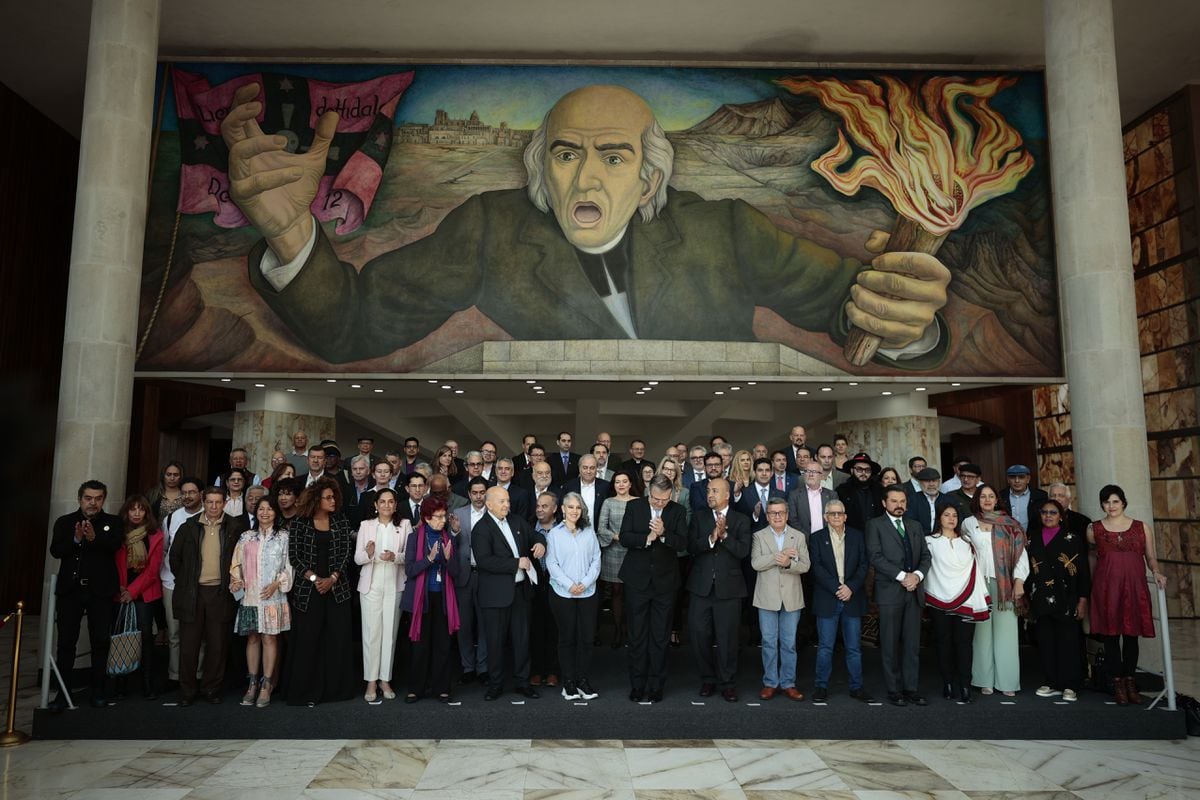
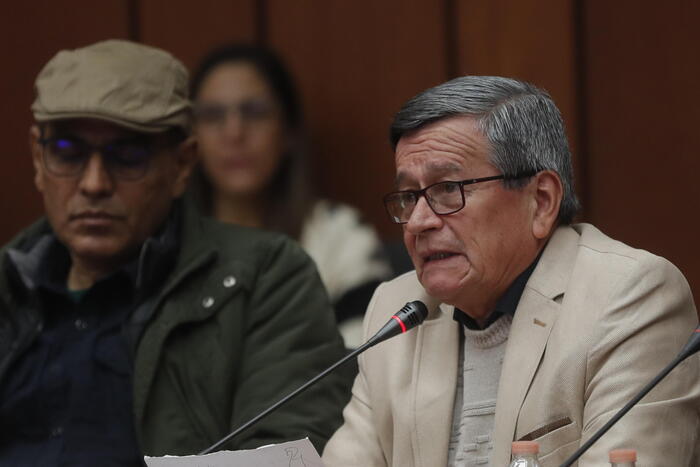
/cloudfront-eu-central-1.images.arcpublishing.com/prisa/EVSKKGOZHPTBCJL2XV22X45PVY.jpg)
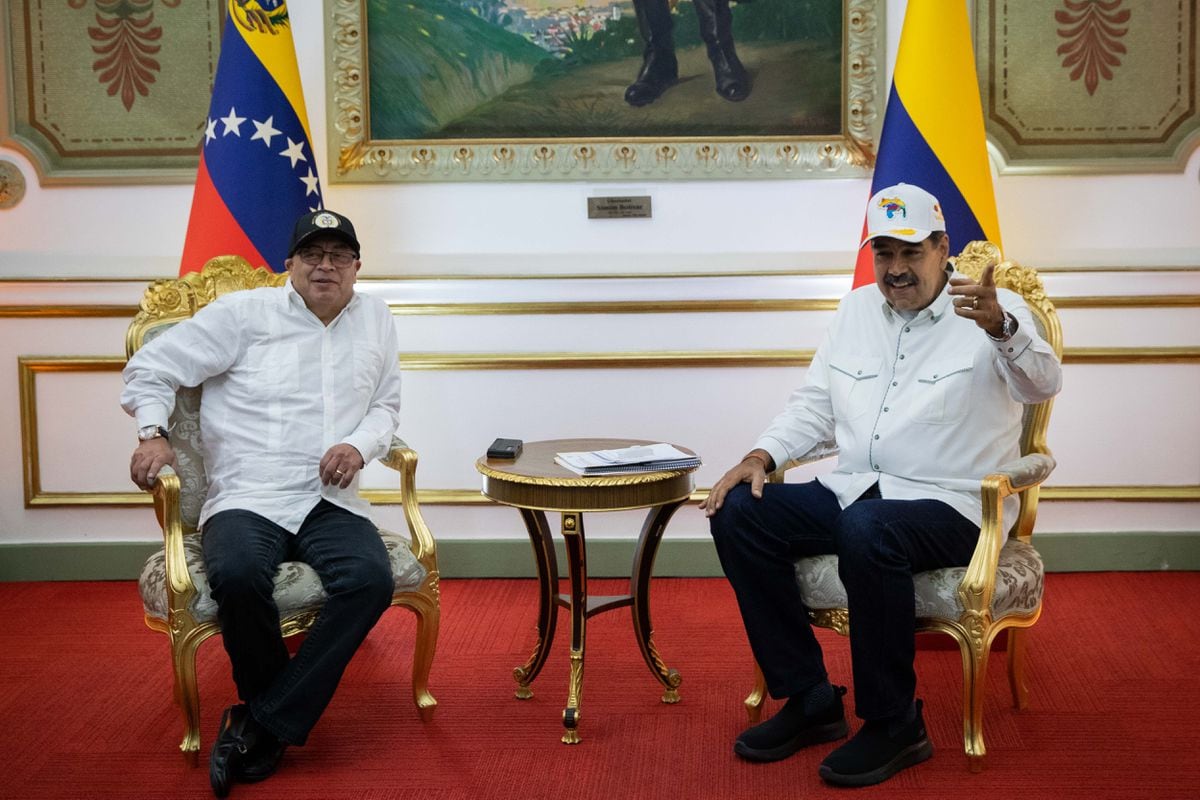
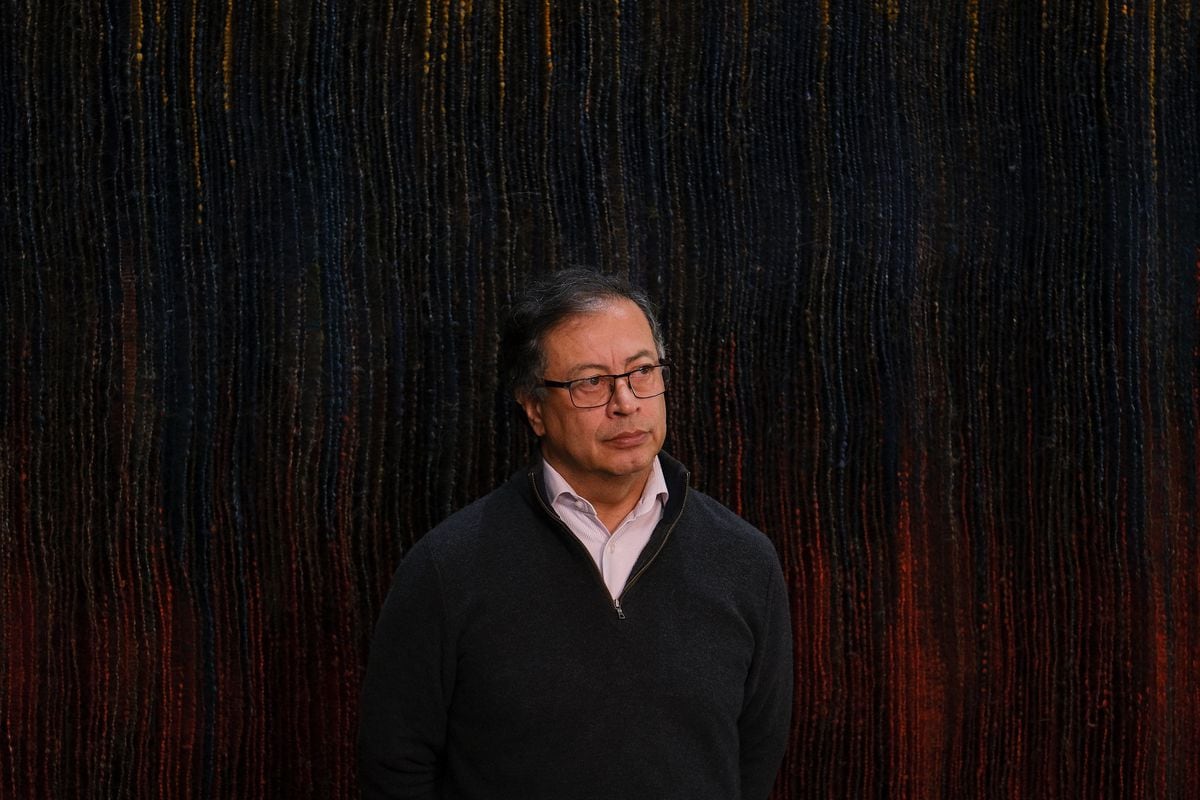

/cloudfront-eu-central-1.images.arcpublishing.com/prisa/NCQFUQJJ4ZHRJLKNWPLQ2MFQR4.jpeg)
/cloudfront-eu-central-1.images.arcpublishing.com/prisa/62WTZ2YGTKOGTJ6OXJW67JCCME.jpg)
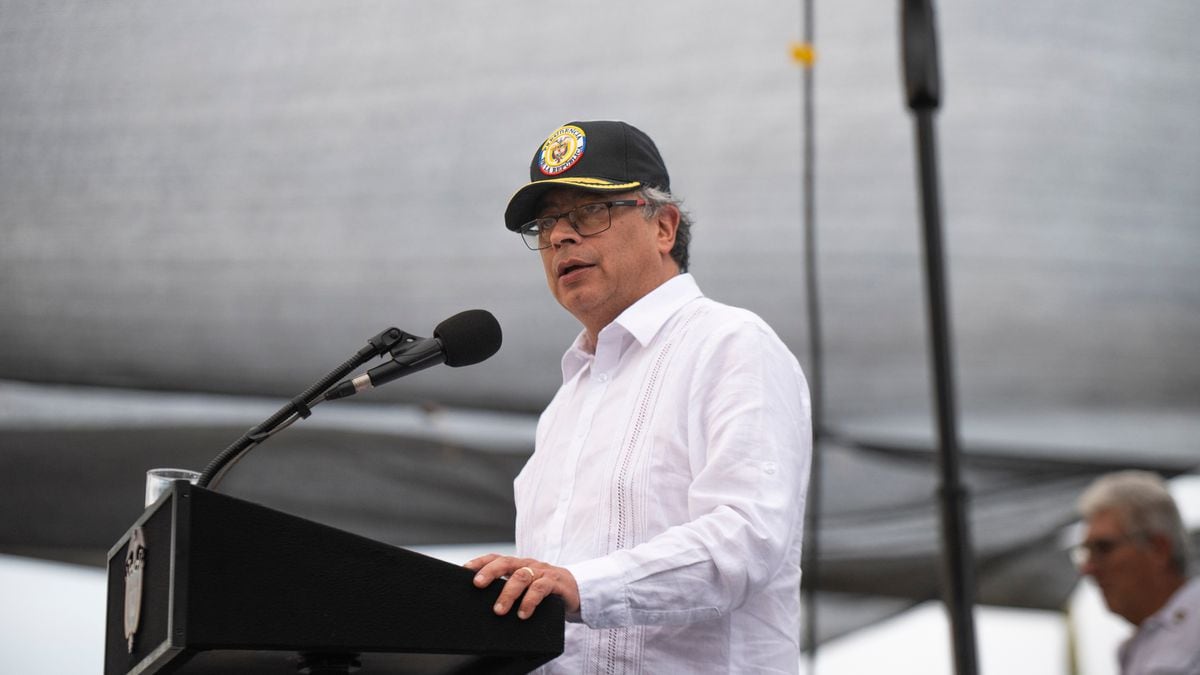

/cloudfront-eu-central-1.images.arcpublishing.com/prisa/KMEYMJKESBAZBE4MRBAM4TGHIQ.jpg)



